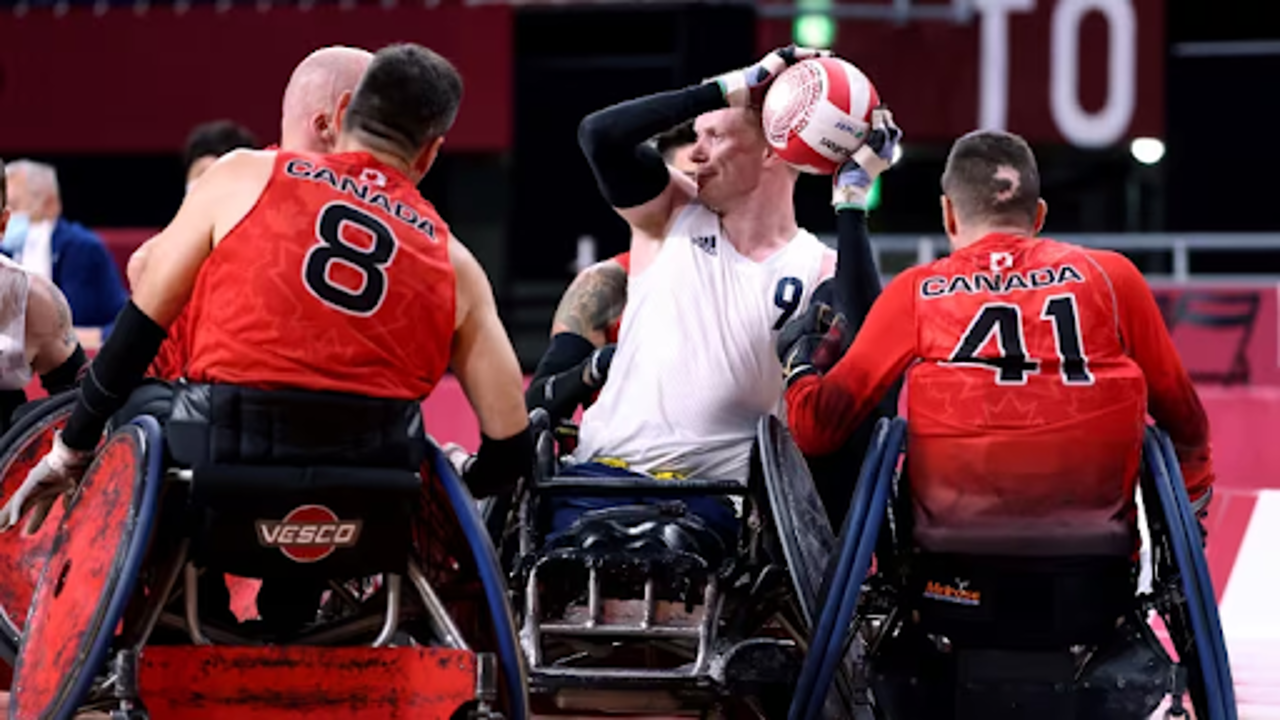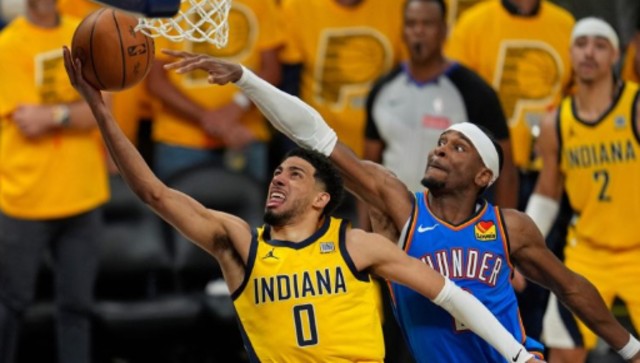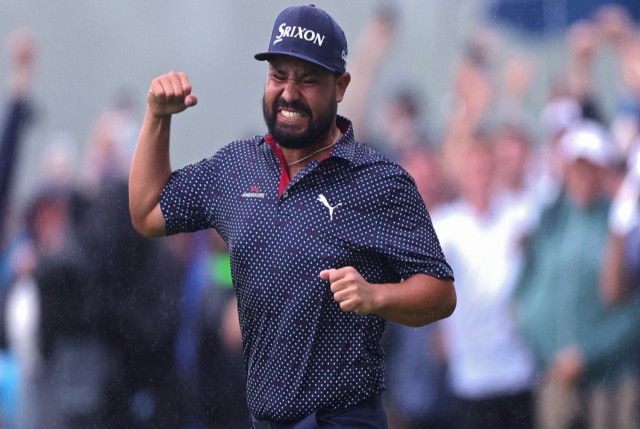
Eric Rodrigues, pictured on the right at the 2021 Tokyo Paralympics, has been part of the national wheelchair rugby team since 2017. He expressed that without the financial backing of his club, along with the support of his family and friends, he wouldn’t be able to continue playing the sport he loves. (AFP via Getty Images)
As the excitement of the Paris 2024 Olympics unfolds, a harsh reality is emerging for many international athletes: financial struggles. Despite representing their countries on the world stage, many athletes, especially Paralympians, face significant financial challenges. Unlike able-bodied athletes, Paralympians often encounter additional hurdles due to their disabilities, making it even harder to achieve financial stability.
In Canada, the financial situation for Paralympians is particularly challenging. A recent report by Statistics Canada highlighted that disabled Canadians earn, on average, $10,000 less than their non-disabled peers. This financial gap is also reflected in the lives of Paralympians who, despite receiving some funding from programs like Sport Canada's Athlete Assistance Program (often called carding money), still struggle to make ends meet.
One of the major concerns for Paralympians is the fear that their sports-related funding might jeopardize their access to crucial provincial social support programs. These supports include assured income payments and affordable housing, which are essential for many disabled athletes. The lack of clarity regarding whether carding money counts as income under these programs adds to their stress.
A Paralympian, speaking anonymously to CBC Sports, expressed the anxiety that comes with navigating these financial waters. They described the constant fear that any change in their financial situation could result in the loss of their social support. This uncertainty is compounded by confusing application processes and inconsistent information across different provinces. While the federal government has declared that carding money is non-taxable, many athletes remain unsure of how this income will impact their eligibility for provincial benefits.
Athletes are hopeful that Sport Canada and provincial governments will work together to create clear guidelines that protect Paralympians from losing their social support due to their athletic funding. The stakes are high, as losing these benefits could lead to significant financial burdens, especially for those with high support needs.
For Paralympians like Eric Rodrigues, the financial strain of pursuing their athletic dreams is immense. Rodrigues, who has been a part of Canada's national wheelchair rugby team since 2017, relies heavily on the support of his club team, family, and friends to manage the costs associated with his sport. While he is grateful for the support Canadian Paralympians receive compared to athletes in other countries, he acknowledges that the financial challenges are still significant.
The cost of competing at an elite level can be overwhelming, particularly for athletes with high support needs. These athletes often require additional resources, such as personal attendants, to help them live, train, and compete. However, the funding provided by Sport Canada for these needs has not increased in over a decade, leaving many athletes struggling to cover their expenses.
Rodrigues also pointed out that while national teams cover some costs, such as travel and accommodation for personal attendants during international competitions, these supports are only sometimes available at the provincial or club level. Many athletes are forced to rely on their families for care or to pay out-of-pocket for essential services.
Despite these challenges, Rodrigues remains hopeful that more support will be provided to help Paralympians achieve their goals. However, until then, many athletes will continue to struggle with the difficult choice between pursuing their athletic dreams and meeting their basic living needs.















